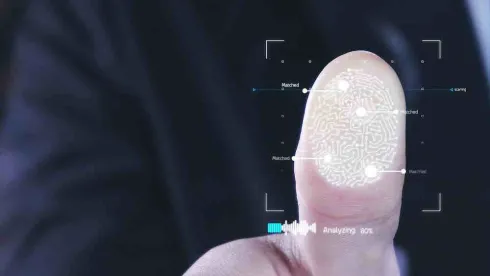While Illinois’ Biometric Information Privacy Act remains one of the most-litigated privacy statutes, several aspects of the law remain unsettled, including the applicable statute of limitations for BIPA claims. CPW has previously covered several key decisions addressing whether BIPA claims are subject to a one-, two-, or five-year statute of limitations, as well as whether BIPA claims accrue only once (at the time an individual’s biometric data is first collected) or every time an individual’s biometric data is collected. In Gibbs v. ABT Elecs., Inc., No. 21 C 6277, 2022 U.S. Dist. LEXIS 92903 (N.D. Ill. May 24, 2022), another federal court stayed a plaintiff’s remaining BIPA claims pending the resolution of two appeals before the Illinois Supreme Court, Cothron v. White Castle System, Inc. and Tims v. Black Horse Carriers, Inc., which are poised to clarify the statute of limitations applicable to BIPA claims.
The Plaintiff in Gibbs brought ten separate claims against the Defendants, his former employer and an individual supervisor, one of which was a claim for violations of several sections of BIPA. Defendants moved to dismiss Plaintiff’s claims under Section 15(a)[1], claiming that Plaintiff lacked standing to bring such claims; as Plaintiff failed to respond to this argument, the Court deemed it waived and dismissed these claims. Defendants sought to stay the remaining claims pending the Illinois Supreme Court’s resolution of the appeals in Cothron and Tims on two grounds: first, that a finding for a one-year statute of limitations for BIPA claims would bar Plaintiff’s remaining claims entirely, and second, that a finding that BIPA claims only accrue once (at the first collection of biometric data) would impact the size of a putative class, the scope of discovery, and potential liability in the matter.
Recognizing that it was a “close call,” the Gibbs court nevertheless found that Defendants had met their burden of demonstrating that a stay was warranted. The Court found it “significant” that the Seventh Circuit had stayed proceedings in Cothron pending the resolution of the appeal and opted to “follow its lead” to wait for further guidance from the Illinois Supreme Court. The Court concluded that, while other courts had declined to stay similar matters, “it cannot be denied that the Illinois Supreme Court’s decisions in these cases will have a considerable impact on a very rapidly evolving area of law, as well as on how this case proceeds.”
We will continue to keep an eye on this case and the appeals in Cothron and Tims for you.
FOOTNOTES
[1] Section 15(a) contains requirements for private entities possessing biometric data to develop, disclose, and comply with a retention schedule and guidelines to permanently destroy the data.





 />i
/>i

